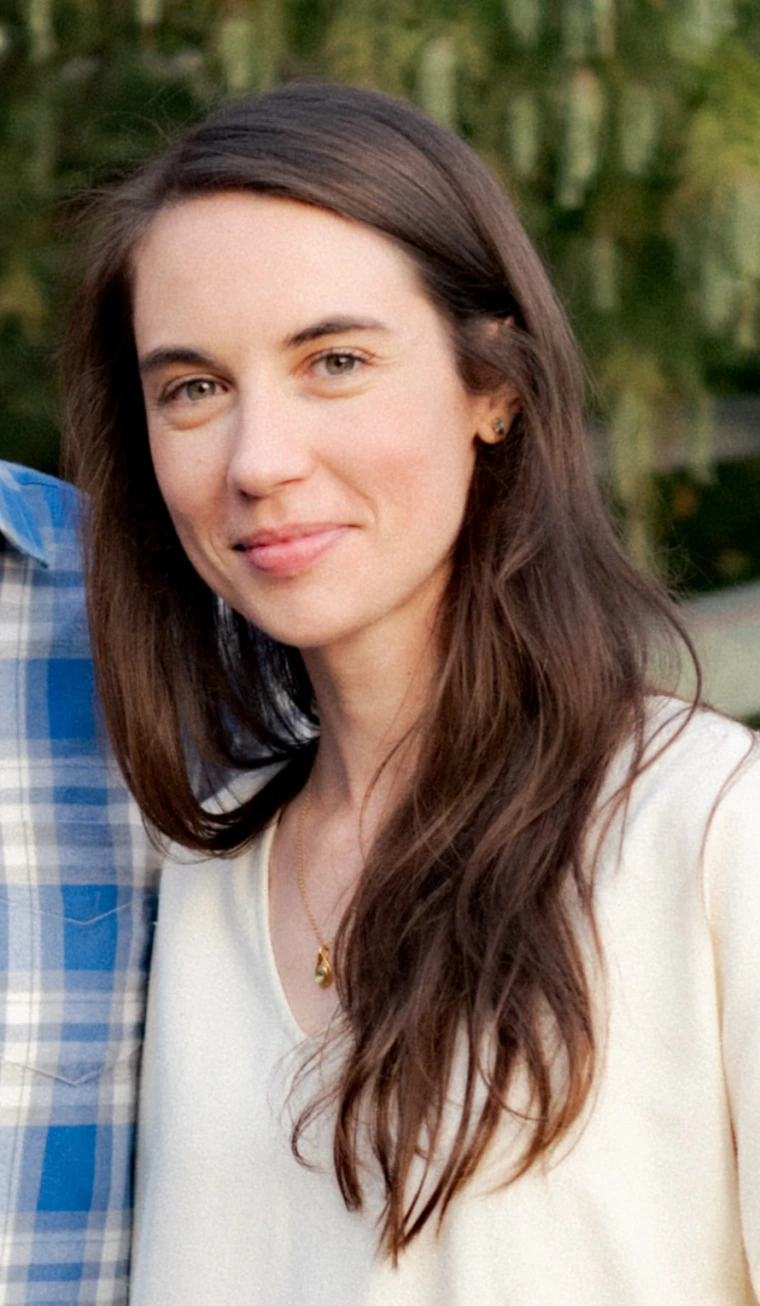Emma Lawlor

ENR2 S595-CC
I am a political ecologist and health geographer who also draws from feminist science and technology studies, critical agrarian studies, and environmental and medical history in my work.
My research explores an emerging and contentious epidemic of chronic kidney disease in rural Central America (known as CKDu, or chronic kidney disease of undetermined origin) that challenges biomedical classification and stresses national health systems. My master’s research (2013-2015) was an ethnographic and historical examination of CKDu’s emergence in the Bajo Lempa, El Salvador – a region with a unique local history of post-war repatriation, land reform, and community organizing. My thesis explored how the region produced new scientific knowledge and reorganized both medical and agricultural systems based on the grounded local hypothesis that CKDu is caused by agro-chemical exposure linked to sugarcane production. You can read about this research here.
My dissertation puts CKDu in comparative perspective, highlighting variability in CKDu’s impacts on rural health and agricultural systems across Central America. I trace how divergent agrarian histories and environmental politics have shaped distinct experiences of, hypotheses about, and opportunities for addressing the disease in Costa Rica, Panama, and El Salvador. In doing so, I explore the processes of medicalization spurred by CKDu across rural Central America as demands for nephrology care, dialysis technology, and medical research become pressing in small, underserved communities surrounded by agricultural fields. At the same time, I consider how these health concerns are intersecting with varied environmental discourses, subjectivities, and policies around agricultural production, chemical geographies, and climate change.
I have pursued opportunities to write for non-academic audiences, such as for NACLA and Truthout. I am also interested in creative geographies and the political potential of representing geographic ideas through art. This is an area I am exploring as the co-editor of you are here: the journal of creative geography for the 2020-2021 academic year.

